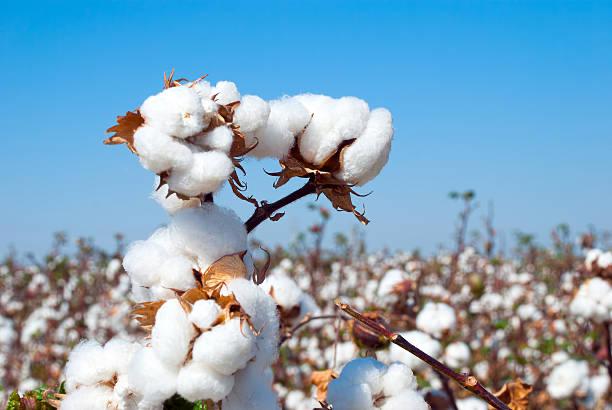
Is organic cotton the future of sustainable development?
With the increase in climate change and global warming, each step taken by us matters, be it even by transforming our cotton closet into an organic cotton closet.
We are living in a time, where each step will either lead to an immense increase in global warming or will lead to the protection of our Mother Earth. So why not make our actions count and take a step by protecting our nature by switching to organic clothing?!
As we know, the fashion industry is one of the largest industry of today, in which the cotton textiles lead the line together with the cotton manufacture setting them as the highest-ranked in the fashion industry. These pieces of regular cotton those are constructed into garments leads to 88% more wastage of water from our resources.
Whereas Organic Cotton that has been made from natural seeds and handpicked for maintaining the purity of fibres; uses 1,982 fewer gallons of water compared to regular cotton.
Due to increase in market size of the fashion industry every year along with the cotton industry; regular cotton is handpicked by workers to keep up with the increase in demand for the regular cotton and because these crops are handpicked it leads to various damages and crises such as:
- Damage of fibres: As regular cotton is grown as mono-crop it destroys the soil quality, that exceeds the damage when handpicked by the farmers, leading to also the destruction of fibres because of the speed and time limit ordered.
- Damage of crops: Regular cotton leads to damage of crops when it is handpicked, as not much attention is paid while plucking it in bulk, due to which all the effort, time and resources used to cultivate the crops drain-out to zero.
- Water wastage: The amount of clean water being depleted to produce regular cotton is extreme that might lead to a water crisis. The clean water when used for manufacturing turns into toxic water that is disposed into freshwater bodies, causing a hazardous impact on the people deprived of this natural resource.
- Wastage of resources: When all the above-mentioned factors are ignored by the manufactures and the farmers, it directly leads to the waste of resources, as the number of resources used to produce the regular cotton is way high in number when compared to the results at the end.
Regular cotton along with these damages also demands to use chemical dyes for their further process, that is not only harmful to our body but is also very dangerous to the workers exposed to it, as these chemicals lead to many health problems like earring aids, lunch cancer, skin cancer, eczema and many more,
other than that people can also lose their lives when exposed to these chemicals for long. This is why we recommend choosing organic baby clothes.
Know More about synthetic dyes on ‘Why synthetic dye stands for the immortality done to Nature?’
Organic cotton, when compared to regular cotton, brings a radical positive change to the environment. To manufacture, just one t-shirt, regular cotton uses 16% of the world’s insecticides, 7% pesticides and 2,700 litres of water, when compared to this, organic cotton uses 62% less energy than regular Cotton.
Bulk Organic Cotton Fabric Manufacturer:
Suvetah is one of the leading bulk organic cotton fabric manufacturer in India.
Suvetah is GOTS certified sustainable fabric manufacturer in Organic Cotton Fabric, Linen Fabric and Hemp Fabric.
We are also manufacturer of other fabrics like Denim, Kala Cotton Fabric, Ahimsa Silk Fabric, Ethical Recycled Cotton Fabric, Banana Fabric, Orange Fabric, Bamboo Fabric, Rose Fabric, Khadi Fabric etc.
